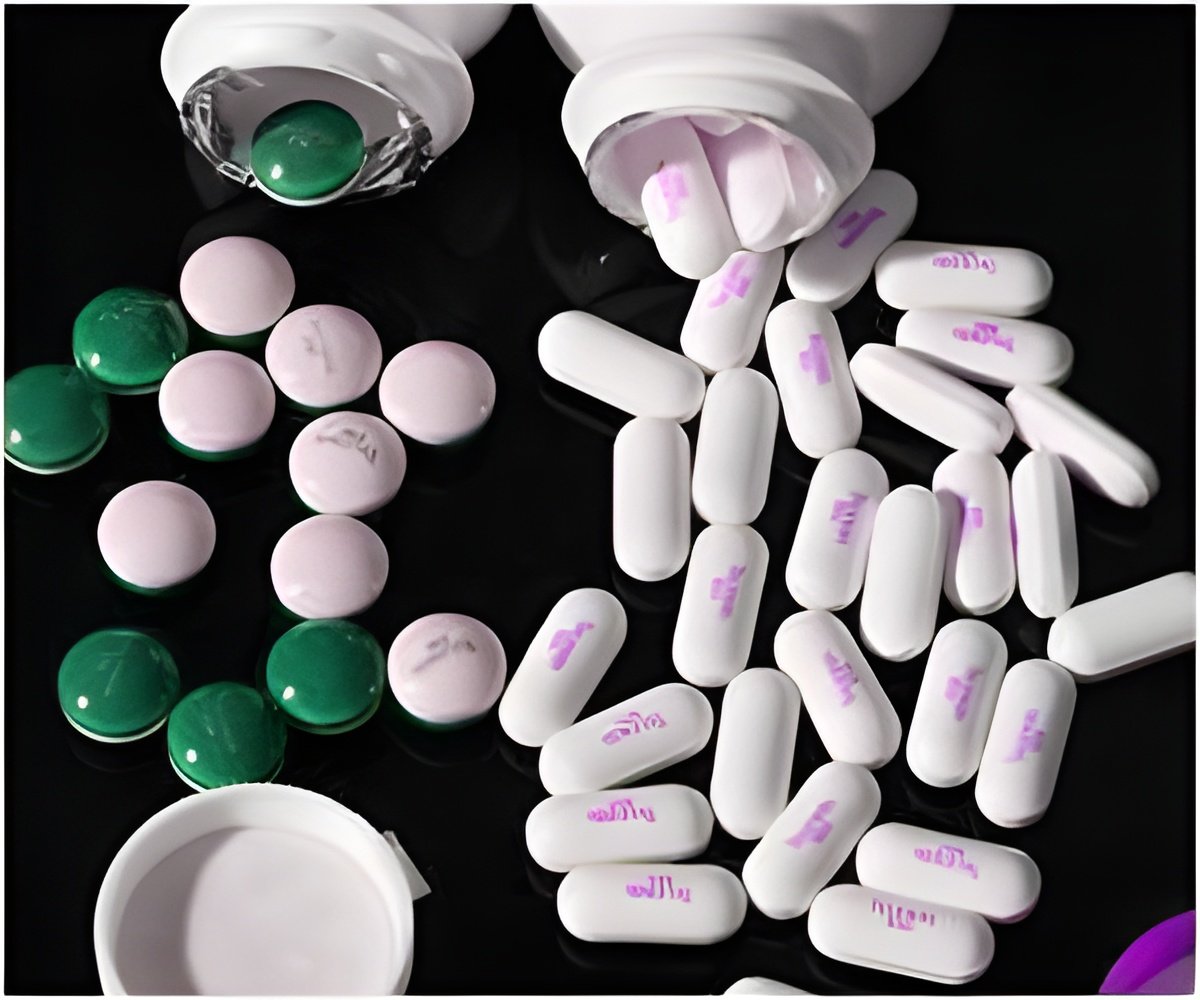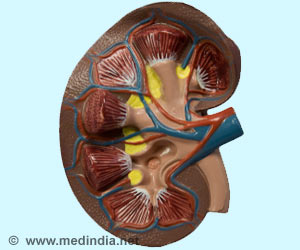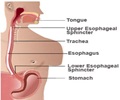Long-term use of PPI such as acidity and heart burn pills can lead to a number of rare and potential serious adverse side effects.

‘PPIs such as acidity and heart burn pills should be prescribed at the lowest dose and for the shortest duration to reduce the risks of its potentially adverse side effects.’





"Proton pump inhibitors are associated with a number of rare but potentially serious adverse effects," wrote Dr Todd C. Lee, internal medicine specialist at McGill University Health Centre in Montreal, Quebec. "These uncommon effects become highly relevant when considering the tens of millions of patients who take PPIs worldwide," he added.
Some PPIs have been associated, in observational studies, with increased risk of heart attack in patients taking the antiplatelet agent called clopidogrel.
Other adverse effects, which occur in varying frequencies, include rebound heartburn after discontinuing PPIs, malabsorption of vitamin B12, iron and magnesium, an increased risk of infection with Clostridium difficile and possible increased risk of fractures in patients receiving long-term PPI therapy.
"The review outlines the potential risks of long-term use of PPIs to help physicians and their patients understand the implications. It looks at drug interactions and noninfectious and infectious complications," the study noted.
Advertisement
"We believe that PPIs should be prescribed at the lowest dose and for the shortest duration of therapy appropriate to the condition being treated," the authors concluded.
Advertisement
Source-IANS















